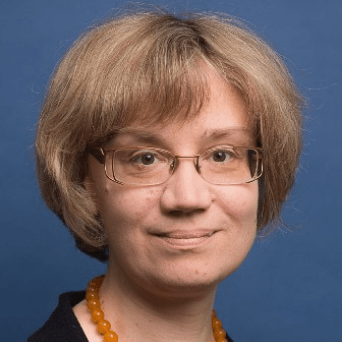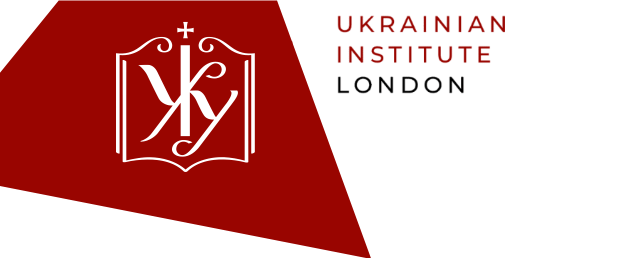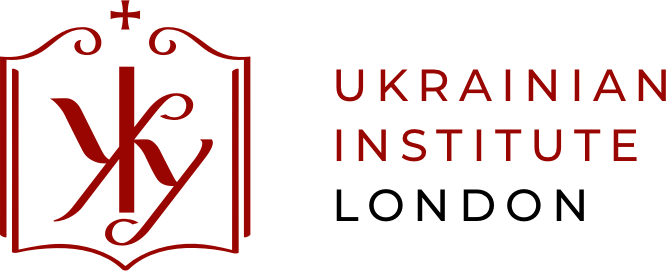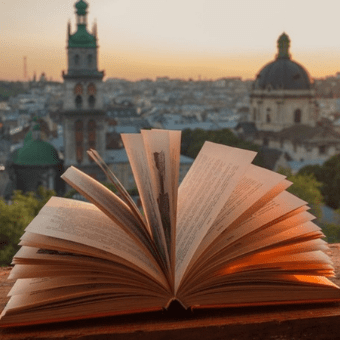Speaker
Iryna Starovoyt
Dr Iryna Starovoyt is an Associate Professor of Cultural Studies Department at the Ukrainian Catholic University in Lviv and co-editor of "Ukraina moderna" - uamoderna.com. She has been a guest lecturer at the Higher East European School in Przemysl, Poland (2008-10) and Greifswald University, Germany (2010), and a research associate at Groningen University, the Netherlands (2012-2013) and Uppsala University (2017). Member of the National Union of Writers of Ukraine since 1997, and the Association of Ukrainian Writers since 1999, she authored three volumes of poetry and a number of essays. Her research and publications have focused on the disputed memories and cultural counter-narratives of the 20th century Ukraine told across the shifting borders in Polish, Ukrainian, Russian, and English also covering parts of the Jewish story.




